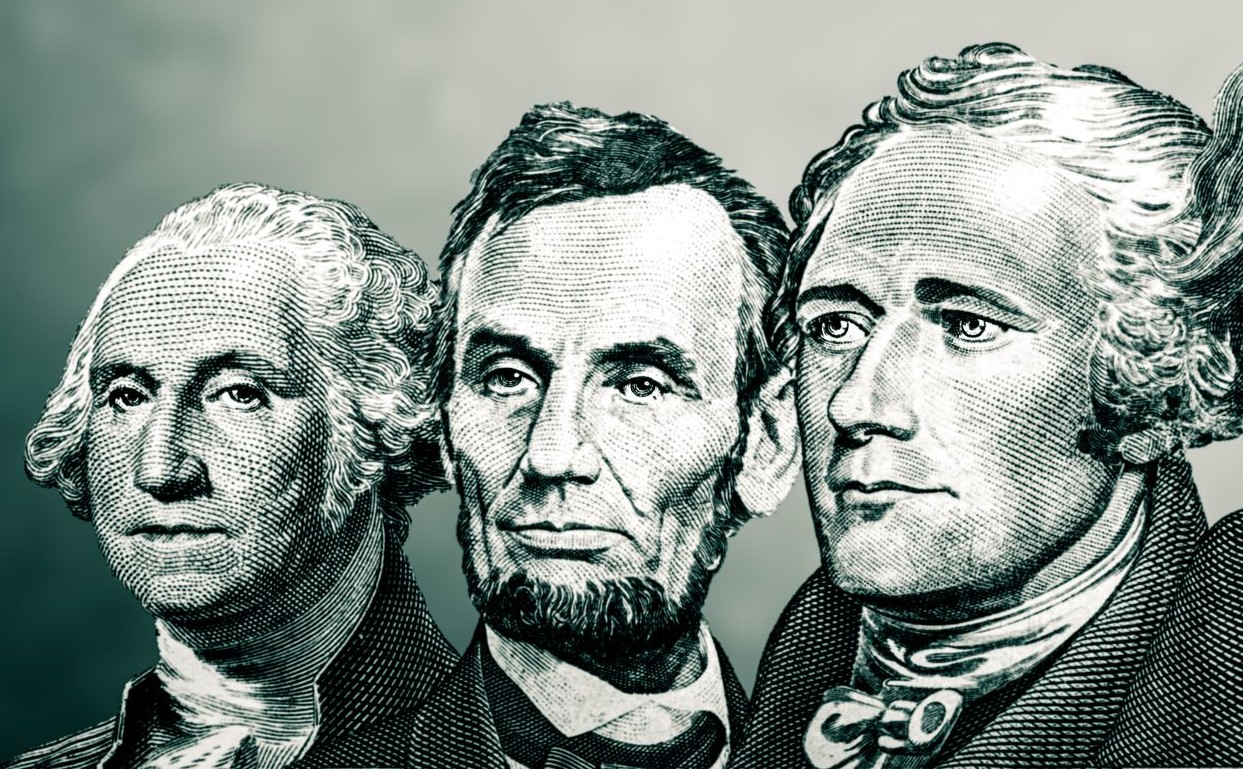
RECOMMENDED READING
The CARES Act, intended to address the economic devastation caused by the COVID-19 pandemic, offers especially generous tax treatment for charitable contributions in 2020, to encourage giving in a time of such extraordinary need. Households can deduct contributions up to 100% of their income for the year, potentially eliminating their tax liability entirely. “Donor-advised funds” and some private foundations are excluded from the provision, but the nation’s wealthiest educational institutions are not. And this has given them an idea.
“Smart Giving to Harvard Through the CARES Act” announces the email that Harvard University sent to alumni last week, informing them that “as 2020 comes to a close, so do the time-limited tax provisions in the [CARES] Act. Now through December 31, 2020, cash gifts made to Harvard can have a greater impact for both you and the University.” Surely, I thought, the message would at least encourage people to give first to local charities addressing immediate need. But no. It did, on the other hand, “encourage you to consult with your tax advisor or counsel for advice as you contemplate your philanthropic and financial plans.” (Here’s a similar page online.)
This is the same Harvard University, incidentally, that needed considerable pressure to decide against laying off subcontractors like custodians when campus shut down in the spring. Just as it was soliciting “smart” giving this month, it also announced a policy change ending paid leave for the subcontractors. This follows a recent announcement that the endowment gained more than $2 billion in the past year.
And yes, Harvard continues to charge its students full tuition for remote learning. (In April, the university did decline $9 million in CARES funding that it said would be better spent elsewhere.)
Leveraging the CARES Act to raise money for private schools turns out to be quite the cottage industry these days. Intending to confirm that Harvard was indeed making an aggressive push to exploit the CARES Act provision “for both you and the University,” I ran a Google search for “Harvard fundraising CARES Act.” The first result was eye-opening.

“Like you, [charity_name] is adapting and changing in response to the COVID-19 pandemic and accompanying economic uncertainty. [charity_name] is grateful…” read the Google excerpt for the Harvard T.H. Chan School of Public Health. Apparently, this was a form letter that someone was encouraging numerous institutions to use. Finding out who was just another short Google search away, turning up hundreds of organizations. Others using the same form pitch included many universities and also some toney private schools like Groton and Sidwell Friends. At Harvard, not just the school of public health but also the school of design wanted in: “You may deduct gifts of cash to most public charities to offset as much as 100% of your income!”
Some have made the argument that universities, as citadels of teaching and research, are among the most worthy recipients of donor largesse—never mind how large their endowments might already be, or how many millions of workers are unemployed or how close our care-giving systems are to collapse. In an extreme corollary of this view, George Mason economist Tyler Cowen applauded Harvard in March for planning to dismiss its contract workers, arguing, “The real contributions of Harvard, MIT and Stanford to the world are not the food-service workers they hire. They are the ideas and innovations produced by its researchers, plus the talented students they educate.” He continued:
I am not saying these universities shouldn’t do something charitable for their workers. They should, if only to maintain amicable relations within the university community itself. I am saying that their moral obligation to extend charity to those workers is not very strong. Had such charity been prioritized in the past, the U.S. never would have developed and maintained top universities. Part of America’s greatness as a nation, and as an innovator, is its unwillingness to ask anew every day whether its elite accumulations of wealth should be torn down and rededicated to everyday purposes of a supposedly greater benevolence.
Many of the technologies, innovations and companies crucial to the fight against Covid-19 will come from colleges and universities. Those schools need a single-minded dedication to their missions of learning, research and innovation — no matter how urgent or extreme the demands of the day.
These are bad arguments even in theory. In practice, they are ludicrous. Universities allocate the overwhelming majority of their resources to pursuits that have nothing to do with these purportedly core missions. At the margin, a dollar donated to Harvard or retained in its endowment does not fund technologies and innovations crucial to the fight against COVID-19, it goes to “Ibram X. Kendi discusses antiracism in education” (the top item under “Harvard News” on the alumni website) and “Latinx Community Convening” (the top item under “Harvard Events”). The banner across the top of the school of public health’s website reads “Racism is a public health crisis.”
The lead story on the Harvard alumni website today is about “Fighting Against Systemic Racism” and features four doctors in lab coats holding signs that read “Silence is Violence,” “Racism Kills,” and “White Coats 4 Black Lives.” They were “creating a campaign to implement a ‘racial justice report card’ for medical schools.” Such a campaign may not accelerate progress in medical research as quickly as Professor Cowen would envision.
The mid-pandemic effort to claim special tax benefits and capture charitable dollars for the Harvard endowment parallels the immediate post-election focus on the suggestion that a Biden administration forgive up to $50,000 in student loans per borrower. Why student loans? If we are just choosing large amounts of household debt to wave away, why not start with auto loans? Or mortgages?
The higher-education industry and certain segments of the population that have passed through it retain in their minds an antiquated allegiance to their institutions as noble bastions hovering above the fray—literally, “ivory towers.” This has not been the case for decades, if it ever was. Big Ed is as muscular and ordinary a special interest as any other, though the disconnect between its promise and its reality is particularly large, as is the damage it is doing to the nation and to millions of young people’s prospects.
A few days after the initial solicitation, Harvard sent a *Clarification* to its “Smart Giving” email. Better late than never, perhaps they intended to emphasize that they hoped other charities (for which the tax benefits would equally apply!) should be the focus of giving this year. But no. “With respect to taxpayers who do not itemize their deductions, the maximum deductible amount described below for both individuals and married couples filing jointly is $300.” Clarifying, indeed.
Recommended Reading
A New Conservatism: Freeing the Right From Free-Market Orthodoxy
In this feature essay for Foreign Affairs, American Compass executive director Oren Cass discusses a path forward for conservatism that is no longer bound by free-market orthodoxy.
Cash and Kids: Momentum on Child Tax Credit Policy and Other Ideas to Increase Family Income
American Compass research director Wells King joins an American Academy of Political and Social Science panel to discuss the Child Tax Credit and how best to support working families.
The Once and Future Republican Orthodoxy
The American Enterprise Institute has just released a new white paper that defends the CARES Act against arguments from the right. Contra deficit hawks and libertarians in Congress, Jay Cost argues that recent deficit-financed economic stimulus falls squarely within the “parameters of Republican orthodoxy on economic conservatism.”












